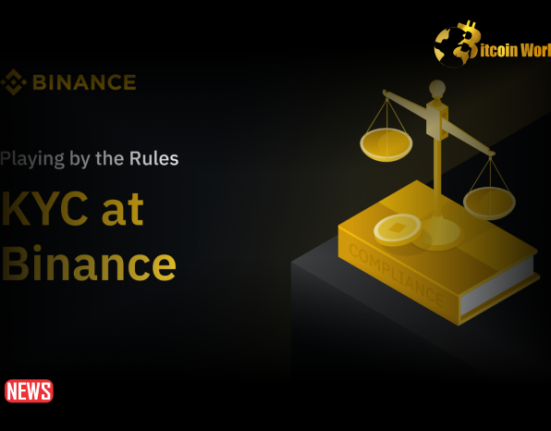A lawsuit filed on March 27 by the CFTC accusing Binance and Changpeng Zhao of insider trading and evading KYC (know-your-customer) controls unleashed a torrent of complaints against them. A few hours later, the Binance head responded to what he described a “unexpected and disappointing civil complaint.”
His dissatisfaction was accentuated by the fact that the corporation has been collaborating with U.S. officials during the past two years. He said, “We do not agree with the categorization of many of the concerns mentioned in the complaint, and the complaint appears to have an inadequate statement of facts.”
Among the charges was that Binance has traded on its own platform. Furthermore, the CFTC claimed that there were “approximately 300 ‘house accounts’ that are all directly or indirectly owned by Zhao.”
CZ stated that Binance.com “does not trade for profit or “manipulate” the market under any circumstances.” He added that because the company’s revenues are in cryptocurrencies, it occasionally needs to convert them to pay for expenses in fiat or other cryptocurrencies:
A common saying that refers to a business employing its own goods or services for internal operations is “eat your own dog food.” CZ also mentioned that Binance has a 90-day no-day-trading rule for workers. This means they are prohibited from selling a coin within 90 days of their most recent acquisition, and the opposite is also true.
He claimed that the company was the first international (non-US) exchange to develop a mandated KYC program in response to claims that it circumvented KYC rules. He stated that Binance.com restricts U.S. users by nationality and IP address. The exchange was charged by the CFTC with encouraging American traders to circumvent the block by using VPNs (virtual private networks).
The news has caused markets to react negatively, and over the past 12 hours, $30 billion has left the market. As a result, the entire market capitalization has decreased by 2.6% to $1.17 trillion.














